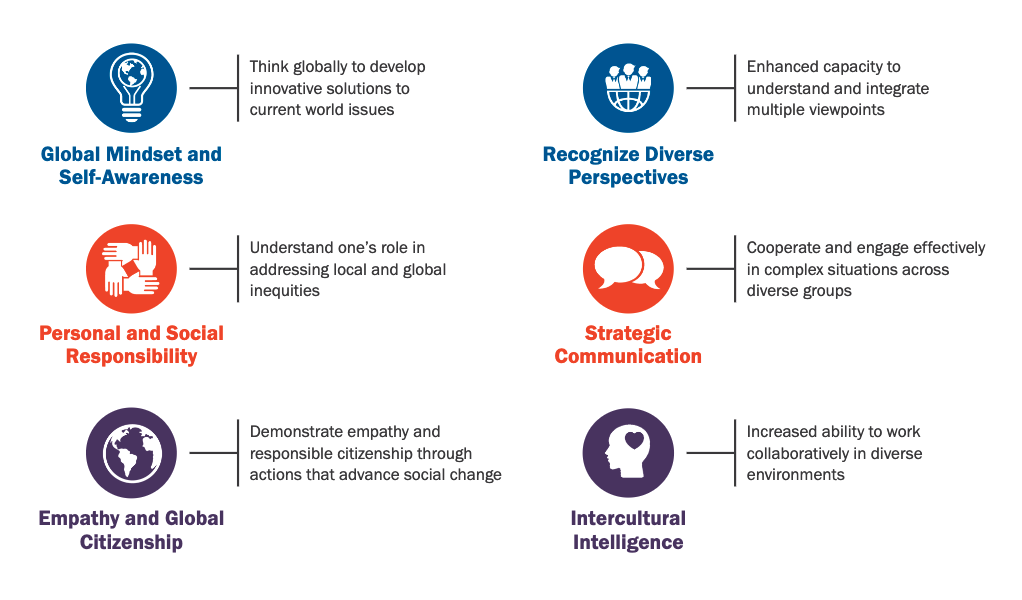Program Learning Outcomes and Curriculum
Your program curriculum is designed to ensure graduates acquire the essential skills, knowledge, and attitudes appropriate and relevant to both the needs of students and employers.
Program Vocational Learning Outcomes
Program vocational learning outcomes describe what graduates of the program have demonstrated they can do with the knowledge and skills they have achieved during their studies. The outcomes are closely tied to the needs of the workplace. Through assessment (e.g., assignments and tests), students verify their ability to reliably perform these outcomes before graduating.
The program vocational learning outcomes for the Pharmacy Technician Program are as follows:
- Practice safely within a legal, ethical and professional framework in practice settings.
- Process prescriptions accurately in compliance with pertinent legislation and established standards, policies and procedures in practice settings.
- Prepare pharmaceutical products for dispensing in compliance with pertinent legislation and established standards, policies and procedures in practice settings.
- Release pharmaceutical products in compliance with pertinent legislation and established standards, policies and procedures in practice settings.
- Collaborate with the pharmacist and other health care providers to optimize the patient’s health and well-being within the scope of practice of the pharmacy technician.
- Promote quality assurance by performing effective and efficient administrative functions in practice settings.
- Optimize medication therapy management and product distribution using current technologies in practice settings.
- Develop and implement effective strategies for ongoing personal and professional development that support currency, competence, ethics and values in the pharmacy sector.
Essential Employability Skills Outcomes
Essential Employable Skills (EES) are skills that, regardless of a student’s program or discipline, are critical for success in the workplace, in day-to-day living, and for lifelong learning. Graduates will reliably demonstrate abilities in six skill categories:
Global Citizenship and Equity Learning Outcomes
There are six Global Citizenship and Equity (GCE) learning outcomes integrated into Diploma and Advanced Diploma programs as a component of Centennial’s Signature Learning Experience (SLE). The SLE reflects the College’s promise to provide students with a distinctive and inclusive educational experience that builds on a foundation of global citizenship, equity, and social justice. Certificate and Graduate Certificates also include at least two GCE learning outcomes. The GCE learning outcomes are:
- Identify one’s role and responsibilities as a global citizen in personal and professional life.
- Identify beliefs, values and behaviours that form individual and community identities and the basis for respectful relationships.
- Analyze issues of equity at the personal, professional, and global level.
- Analyze the use of the world’s resources to achieve sustainability and equitable distribution at the personal, professional, and global level.
- Identify and challenge unjust practices in local and global systems.
- Support personal and social responsibility initiatives at the local, national, and global level.
Global Citizenship and Equity Portfolio
As a component of the SLE, Diploma and Advanced Diploma program students will complete the Global Citizenship and Equity (GCE) Portfolio. Building the GCE Portfolio is a process of documenting your GCE learning. Each item selected for inclusion in the portfolio demonstrates growth and understanding of Global Citizenship and Equity within your program of study.

Students are encouraged to develop their GCE Portfolio beginning in their first semester. You will add artifacts from coursework and accompanying reflections as well as artifacts arising from co-curricular activities, volunteering, etc. to your portfolio as you progress through the program. You are encouraged to use the ePortfolio tools available on eCentennial, as well as to develop an online professional portfolio presence through LinkedIn and/or other personal websites/blogs.
Curriculum Frameworks
Overseeing all accredited Canadian Pharmacy Technician Programs is the Canadian Council for Accreditation of Pharmacy Programs (CCAPP). The mission of CCAPP is to grant accreditation awards to pharmacy and pharmacy technician programs who meet their standards, and to promote continual improvement to those educational programs. The Pharmacy Technician Program at Centennial College currently is awarded an accreditation status from January 2019 to December 2023.
In addition to CCAPP, the National Association of Pharmacy Regulatory Authorities (NAPRA) serves as an alliance between the provincial and territorial pharmacy regulatory authorities, as well as the Canadian Forces Pharmacy Services. The primary mandate of these members who practice within their respective Canadian jurisdiction is to protect and serve in the best interest of the public. Program curriculum is based on NAPRA’s Professional Competencies for Canadian Pharmacy Technicians at Entry to Practice and NAPRA’s Model Standards of Practice for Canadian Pharmacy Technicians.
Professional Competencies for Canadian Pharmacy Technicians at Entry to Practice
Model Standards of Practice for Canadian Pharmacy Technicians
Alongside CCAPP and NAPRA, The Canadian Pharmacy Technician Educators Association (CPTEA) is the national organization of Pharmacy Technician Educators and was established to lead, advance, support, and promote excellence in pharmacy technician education. CPTEA Education Outcomes have been created to assist the program in curriculum design.
Finally, The Ontario College of Pharmacists (OCP) is the registering and regulating body for the pharmacy profession in Ontario. OCP’s mandate is to serve and protect the public and hold Ontario’s pharmacists and pharmacy technicians accountable to the established legislation, standards of practice, code of ethics and policies and guidelines relevant to pharmacy practice. All pharmacists and pharmacy technicians in Ontario must be registered with the Ontario College of Pharmacists.


Feedback/Errata